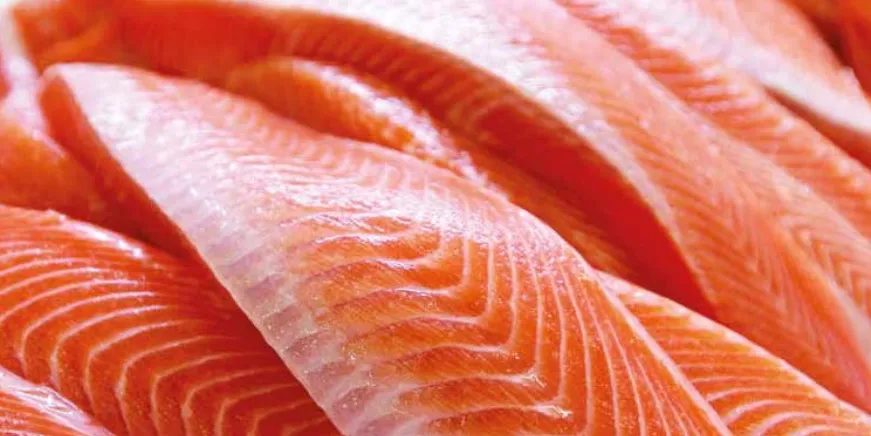IntraFish Leadership Breakfast 2017 Blog: Producers launch Chilean Salmon Market Council
All the news from IntraFish's Leadership Breakfast on Day 2 of the Boston show, sponsored by the Chilean Salmon Market Council.

All the news from IntraFish's Leadership Breakfast on Day 2 of the Boston show, sponsored by the Chilean Salmon Market Council.
